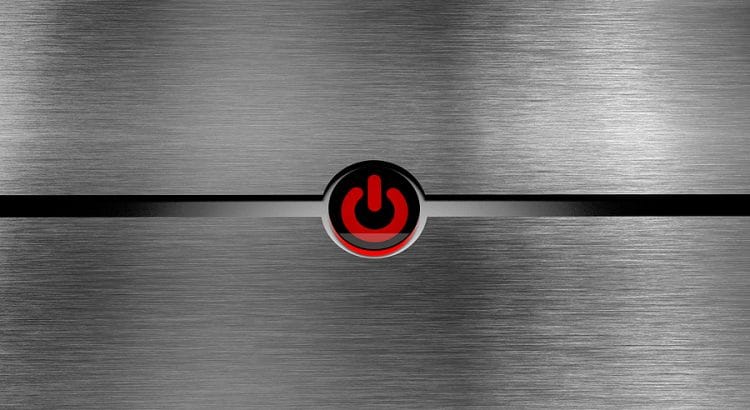Today, AT&T and Dish announced that they are entering into a Network Services Agreement (NSA).1 Here’s the key bit from Dish’s press release:
SEC Filing Insights
An SEC filing provides more insights than Dish’s press release. The deal between AT&T and Dish involves a minimum payment of five billion dollars over ten years.
People are already suggesting that Dish got a bargain by striking this deal for only five billion. They may be misunderstanding the arrangement. I expect the amount Dish pays to AT&T will depend on how heavily Dish relies on AT&T’s network. While five billion dollars is a minimum Dish, I think it’s likely Dish will end up paying more.2
Network Access
Dish has committed to activating a certain portion of its subscribers on AT&T’s network, but the SEC filing suggests Dish is permitted to activate some subscribers on other networks:
Roaming
It looks like most of AT&T’s roaming agreements may be extended to Dish (emphasis mine):
Prioritization
The SEC filing briefly touches on prioritization:
Spectrum Use
Dish has extensive spectrum holdings that AT&T may take advantage of:
Other Brands
The filing makes it clear that access to AT&T’s network is available for both existing and future brands under Dish (emphasis mine):
Speculation
My hunch is that this deal is good news for both AT&T and Dish. For a while, I’ve heard people express skepticism about whether Dish actually intends to build its own network. I’m finding the skepticism less plausible as time goes on. With the backing of AT&T, Dish can focus on building out a 5G network in dense areas while offloading to AT&T for more extensive coverage.
The new agreement is probably bad news for T-Mobile. The company’s stock closed today a bit over 3% down from its opening price.4












